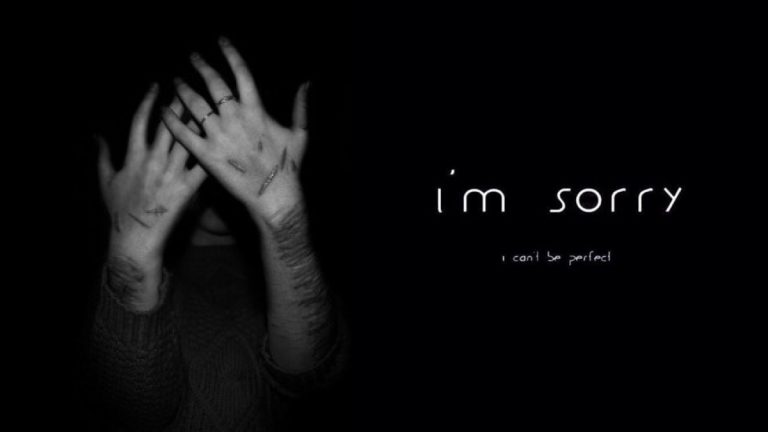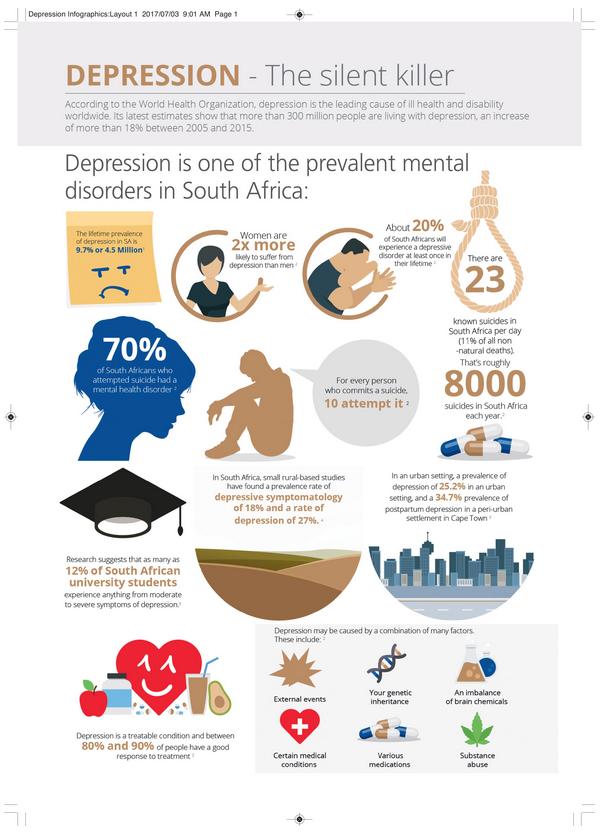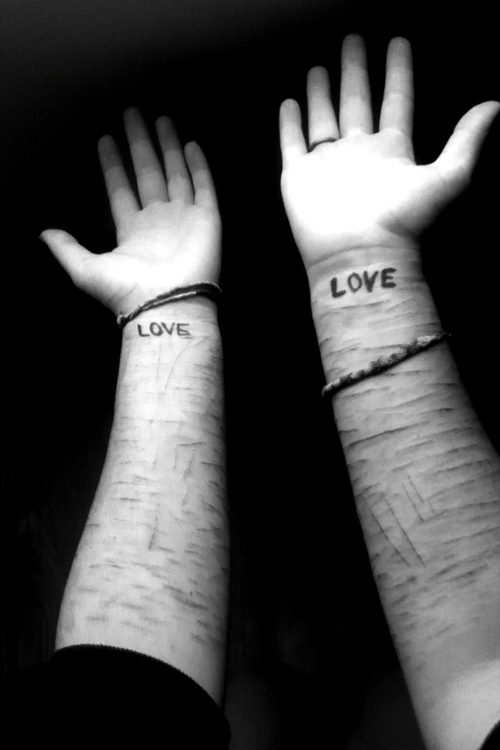
Imagine the world closing in around you, no one loves you, you hear people around you but you are alone… in an empty shell. Depression.
The thoughts in your head are dark, morbid and to other people terrifying.
Those terrifying thoughts are the light rays in your darkness even though it seems infinitesimal, these light rays are what keep you alive.
The Bulletin took the time to speak to a few people and find out more about depression.
The stories that were told to us by Karen*, Sharon* and John* (names have been changed to protect their identities) are bone chilling and makes one realise that depression is not to be taken lightly.
This article is not for the faint hearted…
According to The South African Depression and Anxiety Group, depression is defined as: “A depressive disorder is a “whole-body” illness, involving your body, mood and thoughts.
It affects the way you eat and sleep, the way you feel about yourself and the way you think about things.
A depressive disorder is not the same as a transient blue mood. It is not a sign of personal weakness or a condition that can be willed or wished away.
People with a depressive illness cannot merely “pull themselves together” and get better. Without treatment, symptoms can last for weeks, months or years.
Appropriate treatment, however, can help most people who suffer from depression.”
READ ALSO: More than the Blues
When looking at the statistics of depression one realises the impact it has on society.
- Women are twice more likely to suffer from depression.
- About 20% of South Africans will experience a depressive disorder at least once in their lifetime.
- There are 23 known suicides per day in South Africa (11% of all non-natural deaths). That is roughly 8000 suicides each year in South Africa.
- There have been multiple studies conducted and these studies have shown that the difference between male and female depression is inconclusive.

Here are Karen*, Sharon* and John’s* stories:
Karen* explained to The Bulletin what she felt like during the lockdown.
She said that when life is “normal” and she is back at work and everything is back into a routine, her depression is controllable.
She said: “I know my husband owns a 9 mm. It is in the safe. The safe I have the code to. I open the safe. I pick up the gun. It feels cold between my hand and fingers as I grip it. The magazine is still in the safe.
I cock and pull and as I do that the chamber is empty. I put the gun against my temple. It feels cold but to me it feels likes home. I put the gun in my mouth and I pull the trigger but nothing happened.
I put the gun under my chin, I pull the trigger. Nothing happened and my 3-year-old runs in to the spare room. He doesn’t see the gun.”
Karen* also said that the feeling of guilt was awful after this incident but that one moment of happiness made it worth her while.
Sharon* explained a similar feeling to Karen’s*.
She also said that her depression started after her first born child and she has struggled with depression ever since then.
“I love cooking. I have a husband and 2 children I live for. I used to have a career but I gave that up to be a mother and a wife.
I do not regret my choices but sometimes I see that cutting knife and wonder what it would feel like cutting myself in the bathtub full of bubbles with a glass of wine and seeing my blood fill the tub.
I can see and feel the blood leaving my body but then I remember my husband and he would not be able to handle the kids or my death too well. He would blame me,” said Sharon*.
Sharon* also said that not being able to help contribute to her household has a significant impact on her family life and mental health. She added that her husband does not feel the need for her to work and loves taking care of their family.
Studies have shown that 17% of suicides are because of not being able to take care of dependants.
Depression is not a joke nor is it something to play around with.
Another person The Bulletin spoke to was John*.
“I regret what I have done in my life. I should have trusted and believed the people who kept on saying that they love me and support me. I have been a cutter for so long that I do not know anything else. Pain is my drug and it is the only thing that makes me feel alive!”

When The Bulletin asked John* what regrets he has, his answer was simple: “You can only ever understand if you have thought or planned your own suicide.”
He continued: “It is impossible to tell you what it feels like. The thought of dying is honestly an aphrodisiac. Thinking of killing myself turns me on. The biggest smile I have ever had was the thought of dying.”
The lockdown and COVID-19 have had severe consequences not only in South Africa but worldwide. The normal we knew shall never be again.
The impact it has had is even worse for people struggling with depression, anxiety or any mental health problems.
In Secunda there have been more than 5 suicides since the lockdown started. The families were left devastated and without answers.
No one talks about mental health because the topic is seen as taboo and also the age old answer: “They just want attention.”
In an article written by Mark Orkin, Benjamin Roberts, Narnia Bohler-Muller and Kate Alexander, published by the Daily Maverick:
“In the recent large-scale Covid-19 democracy survey conducted jointly by the University of Johnnesburg’s Centre for Social Change and the Developmental, Capable and Ethical State research division of the Human Sciences Research Council, it was found that 33% of South African adults were depressed, 45% fearful and 29% lonely during lockdown.”
Continued: “…it is evident that 47% have experienced boredom and 29% have experienced loneliness under lockdown. As a benchmark, depression has been clinically measured at between 18% and 27% in less unusual times.”
After hearing from people who have a daily struggle with depression, The Bulletin spoke to social worker and Play Therapist, Barbara Aucamp.
READ ALSO: Suicide: The unseen reality of the festive season
Barbara is a social worker with over 20 years’ experience and currently she is focussing more on trauma and family counselling and also on Play Therapy.
“The worst part during a pandemic like COVID-19 is the insecurity that creeps in.
For example: will I be able to return to work? Or will I still have a job after the lockdown?
All of this can be explained as underlying emotions. These underlying emotions effect your physical and emotional health.
On a positive note, you can learn how to function in other ways where you have to reconsider your current lifestyle.
The healthiest way to do this is to acquire new habits and to adapt.
Another thing is also guilt. In other words, if you buy your bread and milk, you might think of the people who are not able to buy bread and milk.
The biggest thing during and after lockdown is that you must consciously set up goals: be active, eat healthily, have healthy sleep patterns and see the humour in life. This will all help with your mood.
This is an abnormal situation we are in but look at ways to make it easier for yourself.
Your relationships with family and friends are important to cherish because they are the people who can and will support you if you ask for help.”
When I asked Barbara when it is necessary to consider therapy she said:
“When all these emotions start to take a toll on your daily life. When for example, as a friend or family member you see that someone has not been themselves for longer than two weeks.”
If you feel that you are down and having disturbing thoughts, ask for help.
Barbara Aucamp: 082 758 6478